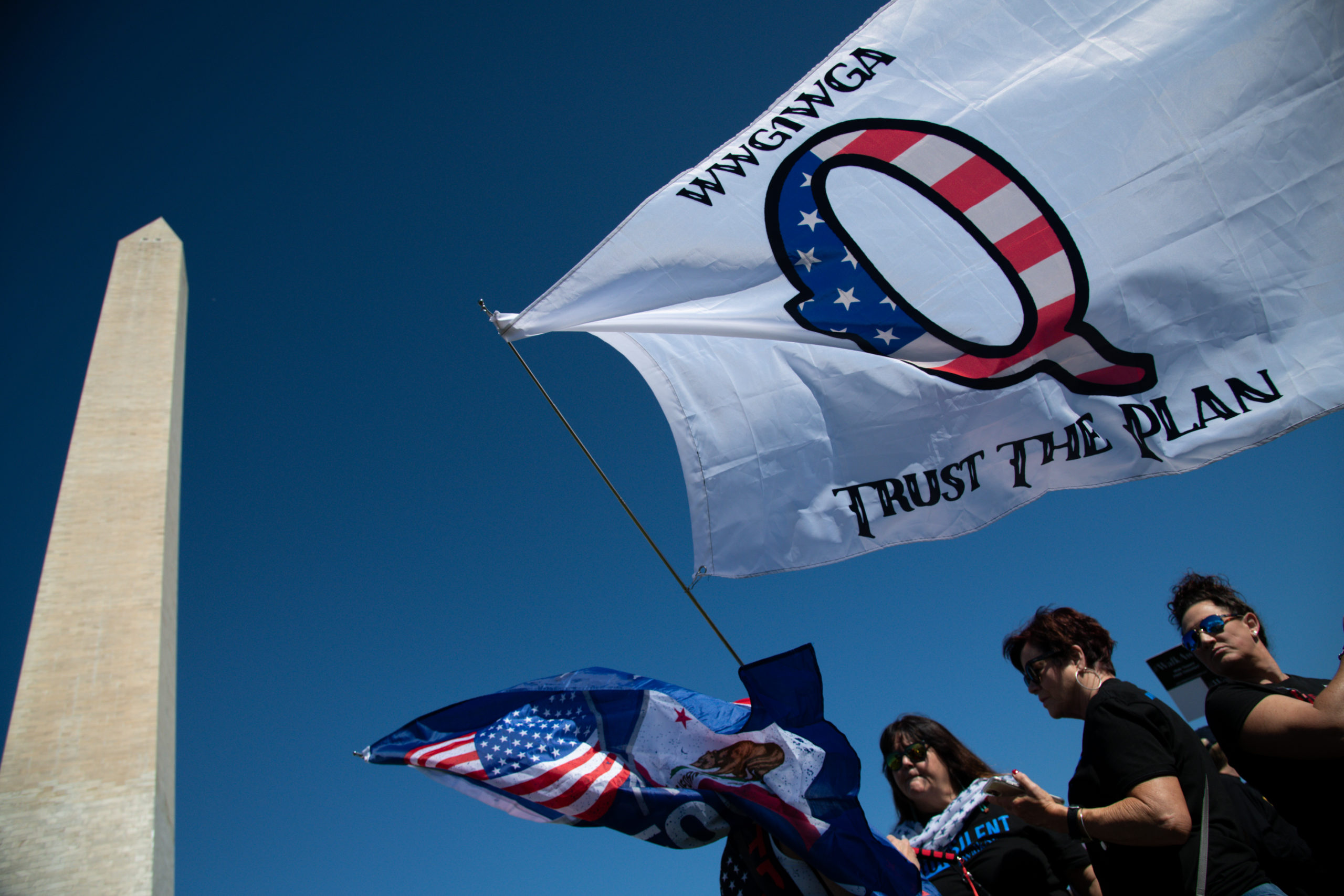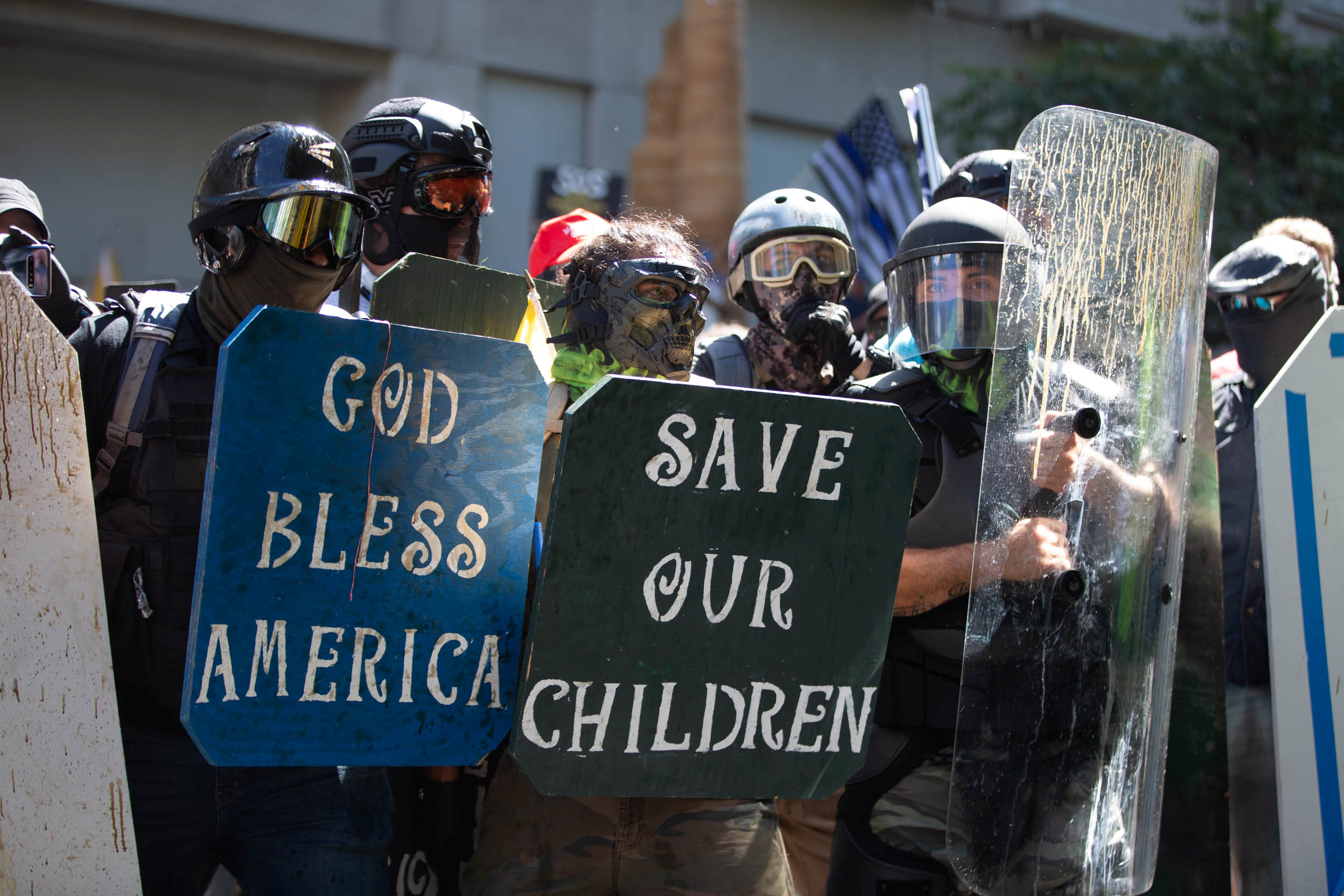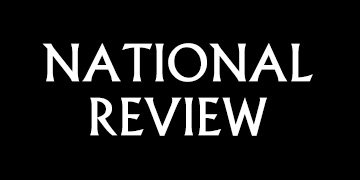Commentary March 26, 2021
Support for Political Violence Among Americans is on the Rise. It’s a Grim Warning About America’s Political Future.
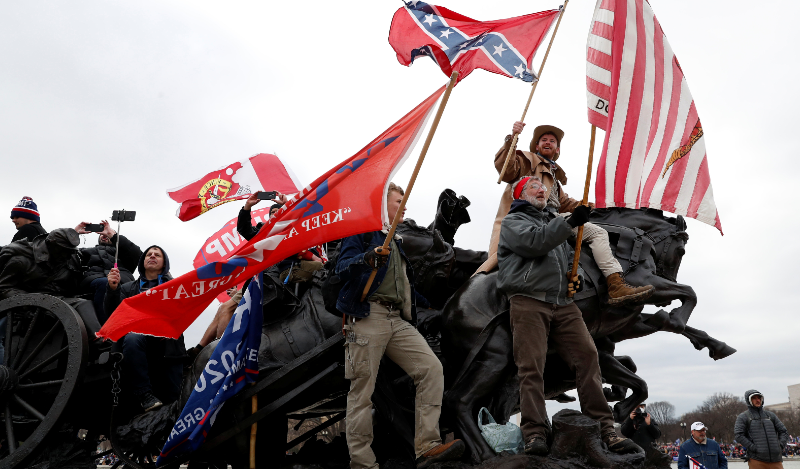
In the wake of the Capitol uprising, we have been forced to reckon with the uncomfortable truth that political violence is no longer a theoretical concern. Continue Reading →
Blog March 8, 2021
Few Americans are Confident in American Democracy, But Younger Americans are Especially Skeptical
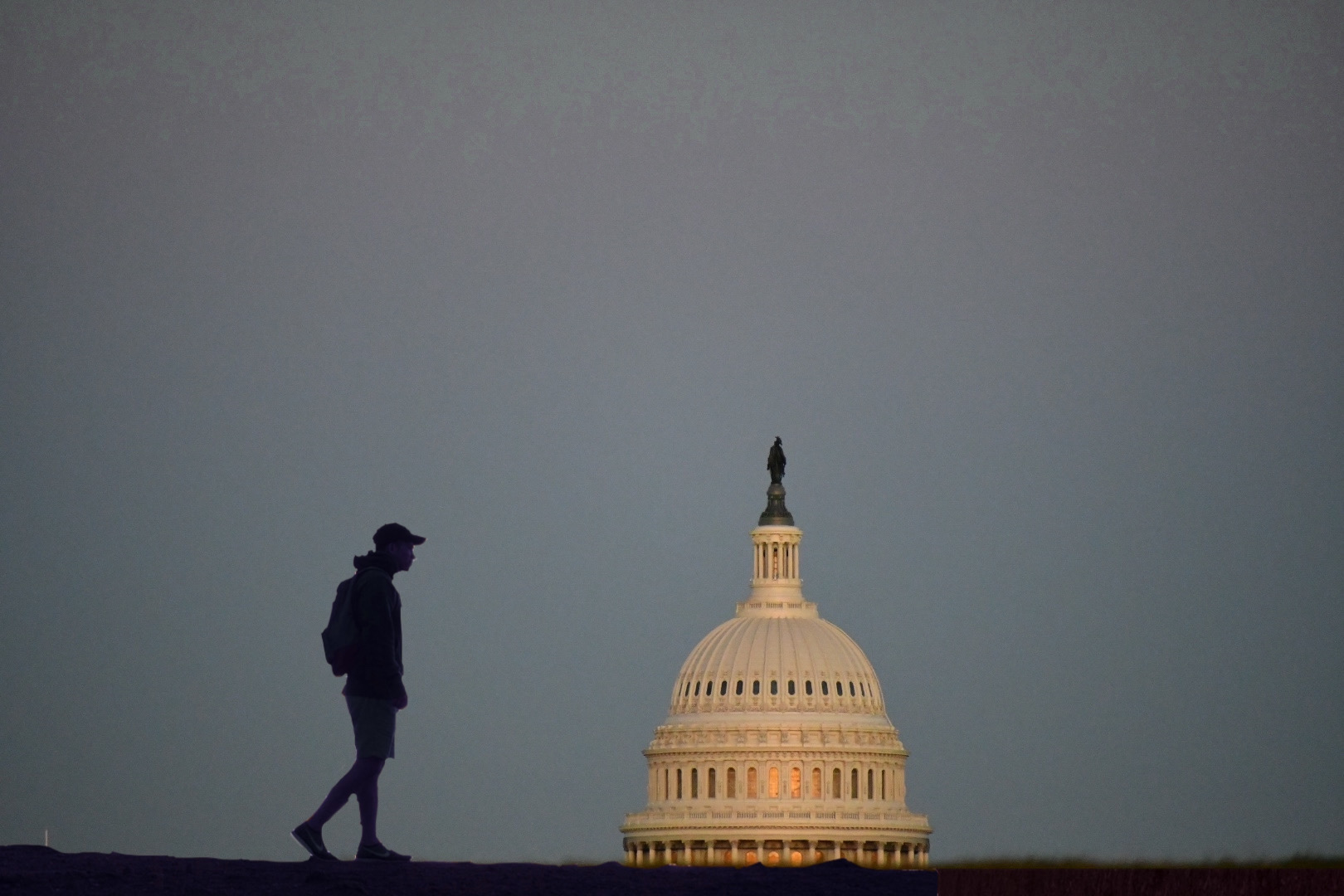
If governments can effectively administer the COVID-19 vaccine and deliver economic support, it will go a long way in demonstrating that even if government is clunky and the results imperfect, the institutions of democratic governance can work. Continue Reading →
Survey report March 4, 2021
Social Isolation and Community Disconnection are Not Spurring Conspiracy Theories
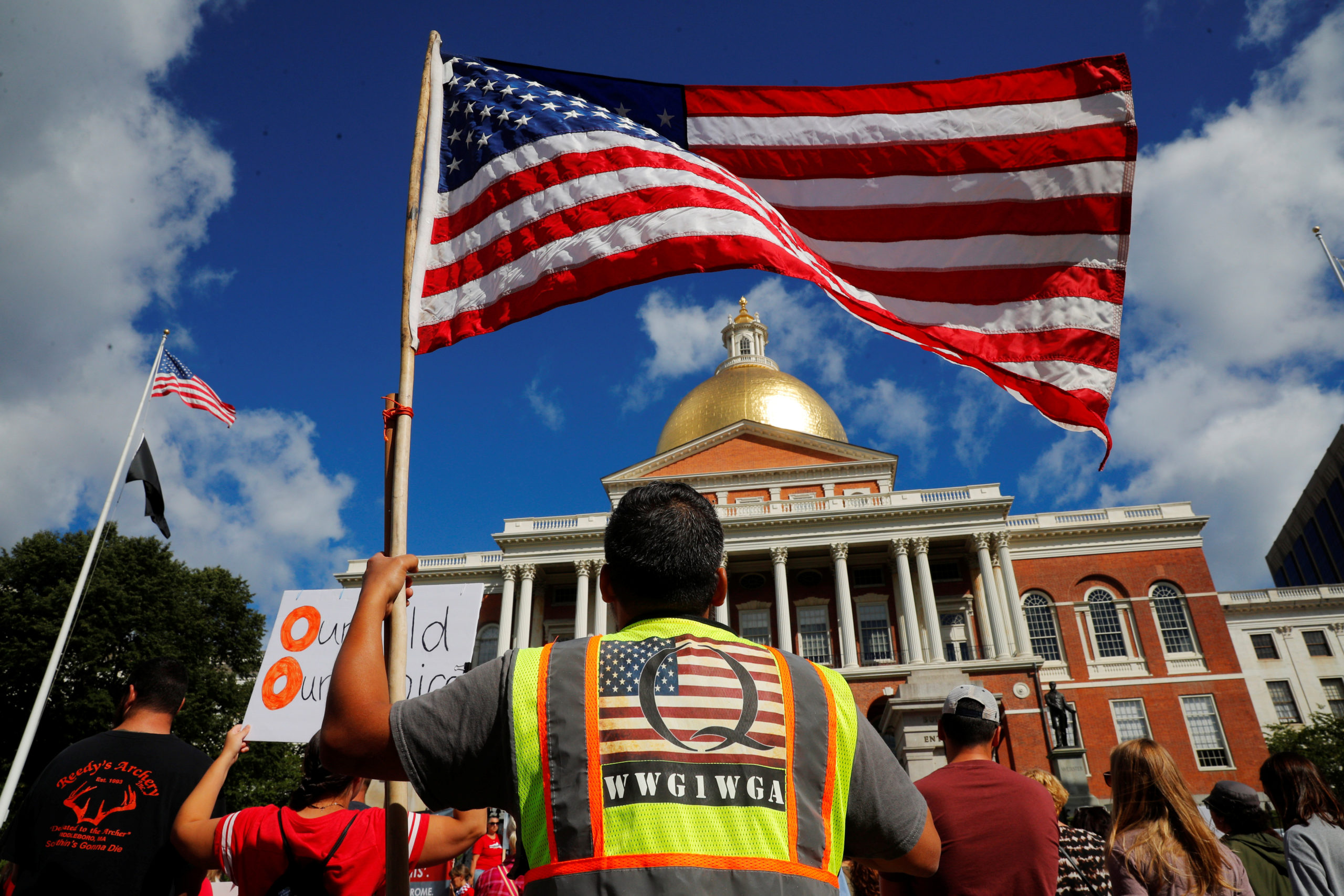
After the 2020 presidential election, a new survey finds acute partisan disagreement over whether President Biden was legitimately elected and whether political violence can ever be justified. Although most Americans believe the 2020 election was a fair contest, most Republicans disagree and express concerns about voter fraud. Republicans are more likely to embrace political conspiracies, including the existence of a “Deep State” working to thwart Donald Trump’s presidency and the Q-Anon conspiracy that Trump is fighting a cabal of sex traffickers. Continue Reading →
Educational attainment is closely associated with belief in conspiracy theories. However, education appears to matter more for Republicans than Democrats. Continue Reading →
Evangelical Christian Republicans are more likely to embrace conspiracy theories. One explanation? Their affinity to Trump. Continue Reading →
Survey report February 11, 2021
After the Ballots are Counted: Conspiracies, Political Violence, and American Exceptionalism
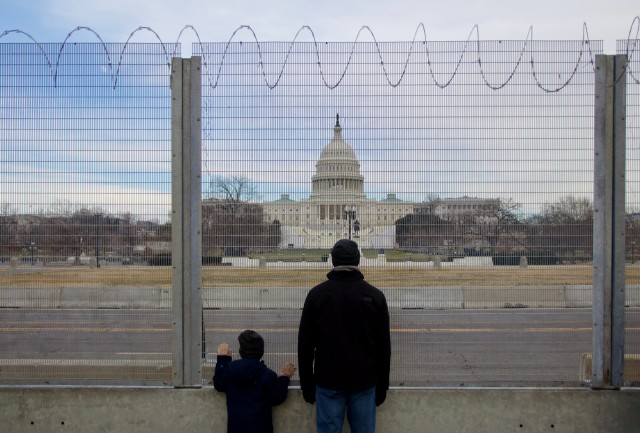
The January 2021 American Perspectives Survey looks at post-election sentiments, beliefs in conspiracies, attitudes toward political violence, political segregation, and general feelings toward the United States. Continue Reading →
Blog January 8, 2021
Older Americans Support Getting Vaccinated Regardless of Their Politics or the Perceived Threat of COVID-19
As the US ramps up vaccinations, political identity is important in predicting the behavior of younger Americans. Continue Reading →
The holidays look different this year. In addition to traveling less, having smaller gatherings, and gathering virtually, Americans are also altering their spending habits. Continue Reading →
Survey report December 9, 2020
A Turning Point? Americans Grapple With COVID-19 Amid Enduring Partisan and Racial Divisions

The November 2020 APS explores how Americans are grappling with COVID-19 amid soaring numbers of infections. Though large partisan divisions persist, more Americans say they would get a free, FDA-approved vaccine. It also challenges the “shy Trump voter” hypothesis and explores possible explanations for Trump’s increased support among non-white voters. Continue Reading →
A new study finds Republican trust in conservative media outlets is closely tied to the political composition of their friendship network. Continue Reading →

